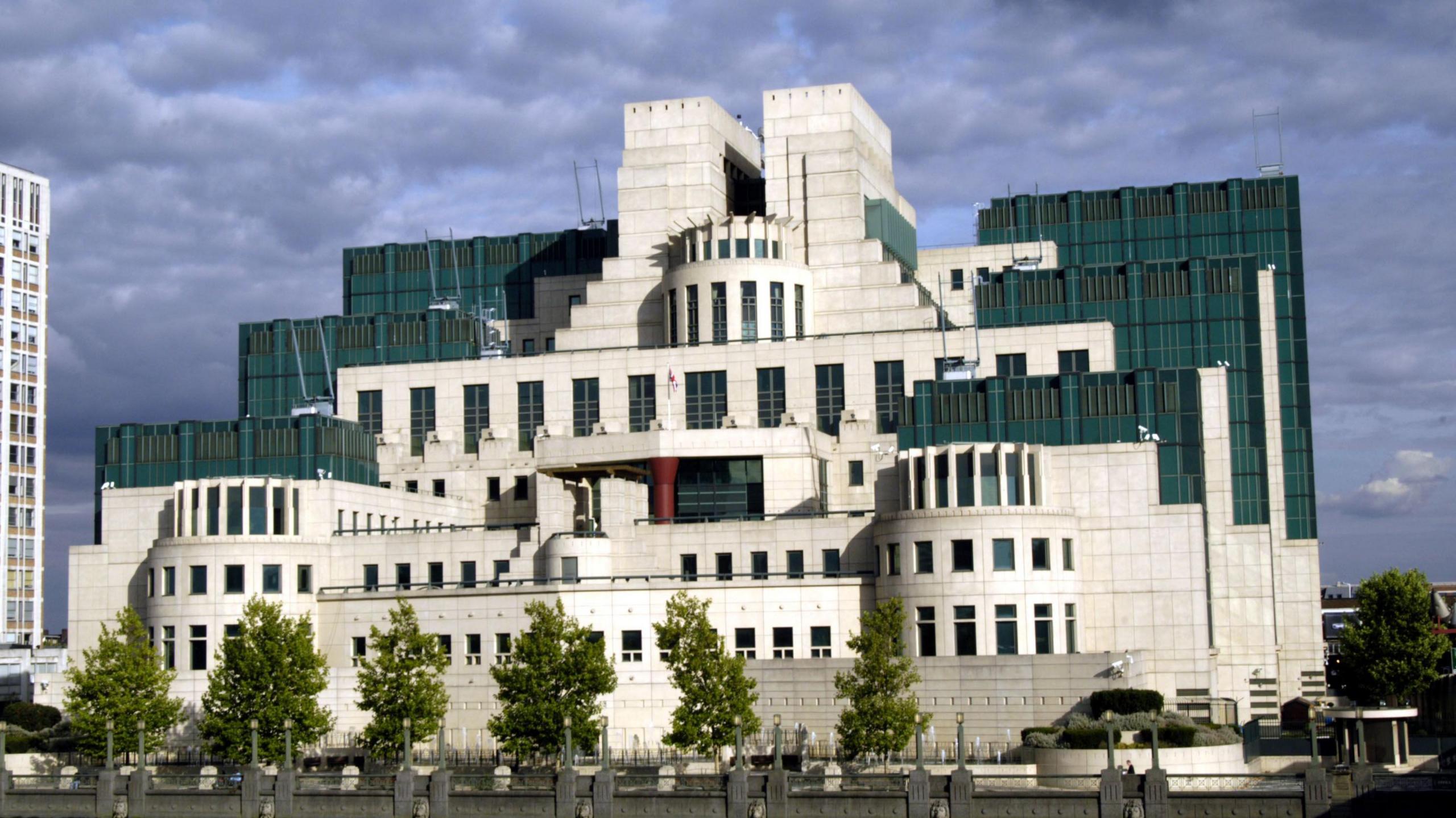Plans delayed for register of hostile state agents

- Published
Plans for a register of foreign lobbyists aimed at protecting the UK's national security have been delayed.
The scheme would compel those working for a foreign power or body to declare their lobbying activities - failure to do so could be punishable by up to two years in prison.
Plans were included in the National Security Act 2023 which came into force at the end of last year, and at the time the Home Office said the scheme was expected to begin this year.
However, the Home Office says "it is no longer expected that the scheme's requirements will come into force in 2024".
What to know about US election hacking, Iran and other countries
- Published16 August 2024
UK will not accept Chinese interference - Sunak
- Published11 September 2023
Foreign lobbying may be next big scandal, MPs warn
- Published29 April 2022
Asked about the delay, a spokeswoman said: "It is, and always will be, an absolute priority to protect the UK against foreign interference.
"The Foreign Influence Registration Scheme (FIRS) will further strengthen our national security whilst maintaining the UK as an international hub for business."
A government official guided the BBC towards the changeover of government after the election as having caused delays, with planned regulations needing sign-offs from the new ministers.
Shadow security minister Tom Tugendhat led the plans under the previous Conservative government, and claimed the delay was "political", urging Labour to get "back on track".
He said: "Stalling on this scheme now would only put the future security of this country at risk."
The BBC has contacted Labour for comment.
The scheme is part of a shake-up of UK security laws and would require those working for a foreign government to declare their activity or face criminal prosecution.
The regulations would encourage transparency around state-sponsored activity to deter foreign powers wishing to pursue their aims covertly.
There would be a basic level of declarations - known as the political influence tier - and an enhanced tier, for nations the UK government deems a threat to national security, such as North Korea.
Mr Tugendhat said China should be placed in the enhanced tier to defend the UK against Beijing's "vast intelligence apparatus".
He said: "MI5 have been clear that this scheme is essential if we are to properly fight our enemies’ attempts to interfere with our country and influence our future."
Former Conservative leader Sir Iain Duncan Smith has also called for China to be placed in the "enhanced tier", which he said would increase scrutiny on Chinese government-backed operations in the UK.
Relations between China and the UK have deteriorated in recent years.
If China were to be included in the enhanced tier, businesses associated with the Beijing government would face restrictions and have warned of damage to commercial interests.